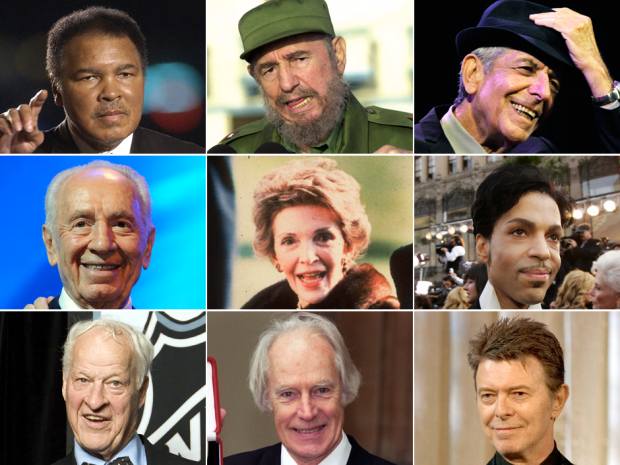It is increasingly the one thing that everyone, regardless of race, gender, orientation, age, or religion can agree on: 2016 and its many unexpected surprises has led us all to conclude that this year is one we’re happy to have behind us as soon as possible. From Britain’s divorce from the European Union with Brexit to the elections of Philippine president Rodrigo Duterte and American president Donald Trump, there are as many unhappy about the outcome as those who are pleased with the result, but both groups do acquiesce to the inarguable fact that choosing between bad and worse isn’t much to celebrate regardless of what side they gravitated towards. Most upsetting and the biggest uniting factor of 2016 is that we have lost many great individuals, resulting in an overwhelming loss that Trump and Clinton supporters can both agree are unpleasant. Most agonizing of all is that 2016 is a leap year, so we suffer for an extra day more this calendar year.
![]()







Let’s make 2017 beautiful